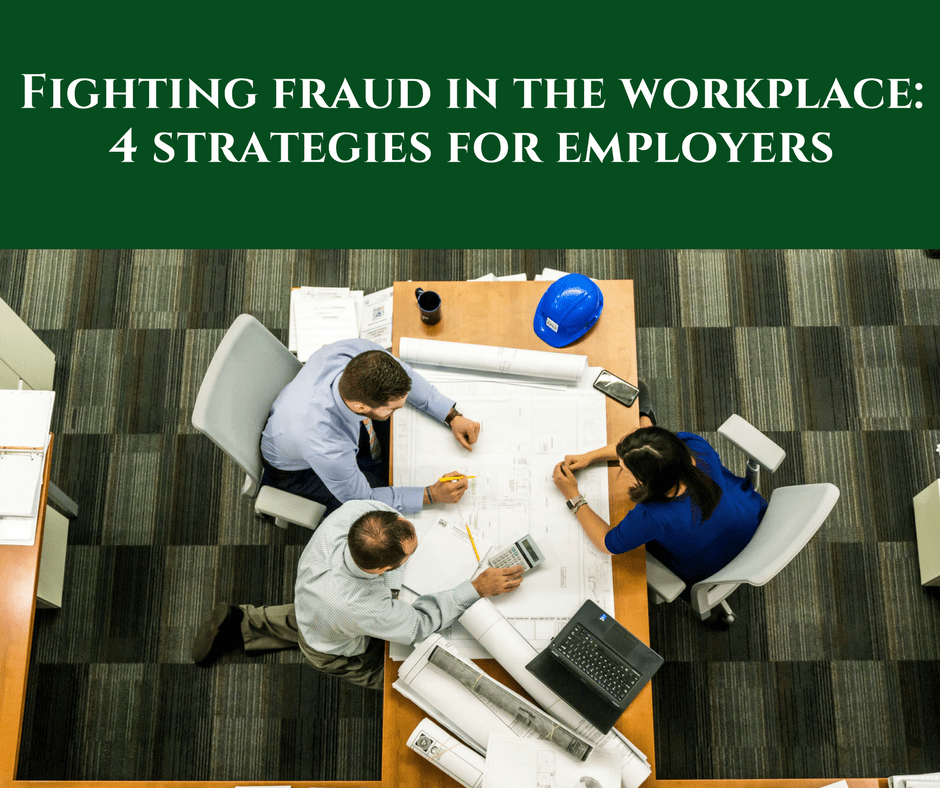
Workers’ compensation fraud occurs when someone willfully and knowingly makes false statements or conceals information in order to receive workers’ compensation benefits or prevents someone from receiving benefits to which they might be entitled. When it occurs, someone is lying for personal or business gain, and that typically means they are receiving funds they don’t deserve. If an employee commits this sort of fraud, your workers’ compensation insurance premiums could go up. Depending upon your company’s policies, you might also be responsible for paying out PTO, sick time, or medical benefits to an employee who did not suffer the injuries they claimed.
You should also be aware that nearly a quarter of all lost time claims are exaggerated. Called malingering, this means that the claimant remains out of work longer than they should given their disability. Fraudulent activities like staging accidents, faking injuries, and claiming non-work-related injuries while on the job can all fall into this category. What can you do as an employer to mitigate the financial risks of these sorts of claims? Here are four key strategies.
- Pre-employment background investigations.
The best defense starts with a strong offense. Conducting a thorough background investigation before onboarding new employees can turn up information from past employers or educational references that might speak to questionable behavior.
- Training management on fraud prevention.
Teaching your managers about fraud, how it harms the company, and what it might look like can go a long way toward helping mitigate losses. Explain that fraud can be perpetrated for many reasons and at many levels. Suspicious employee behavior should always be investigated, and any workplace injuries should be taken seriously.
- Social media investigation.
If an employee is behaving questionably or alleging a work-related injury, you should have a social media investigation conducted to aid in determining the true extent of their injuries. Here at Alliance Risk Group, we also offer a Preliminary Claimant Investigation, or PCI. This thorough check of a claimant’s activities can go a long way toward identifying potential fraud. Alliance Risk Group’s PCIs include all of the following: Social Security/Address History check, DBA/Assumed Business Filings, Federal Criminal Search, National Criminal Search, Statewide Criminal Search, Countywide Civil Search, Federal Civil Search, Department of Corrections check, Compliance Sanction Search, National Sex Offender Registry, and Bankruptcy Liens & Judgments.
- Field investigation.
When conducted by licensed and trained private investigators, field investigations are a fantastic way to observe claimants in their natural environments and determine whether fraud has occurred. Video obtained of fraudulent activity by your employees is key if you decide to pursue a 114A fraud finding at the New York State Workers Compensation Board.
Fraud is a Class E felony and is punishable by fines and/or jail time. If you have reason to believe that your claimant is malingering or lying about a workplace-related injury, do your due diligence. Private investigative companies like Alliance Risk Group are highly trained when it comes to assessing the activity level of a claimant and assembling the case you need to pursue a fraud finding with the Workers’ Compensation Board.
For more information on strategies to combat workers’ compensation fraud, please contact us today! We are happy to answer any questions you might have and to help you strategize how best to approach an investigation into potential fraud.
To read more about some of the technology that makes workers’ compensation investigations so successful, click here.
